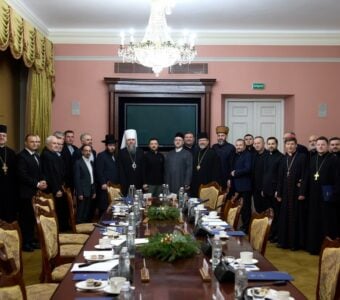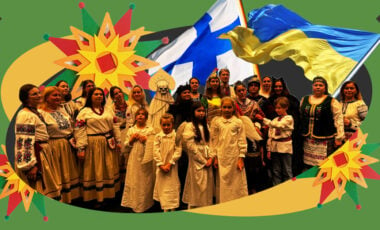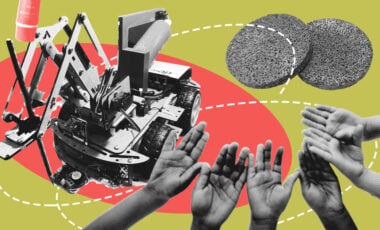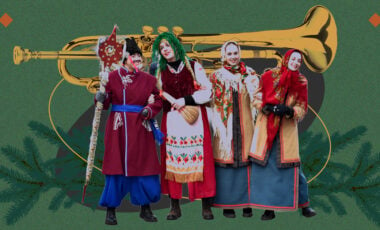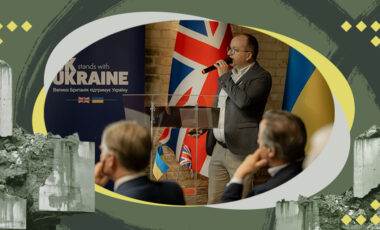Netherlands sees far-right party win elections: its leader stands against aid to Ukraine

Photo: Iryna Drabok
According to the nearly complete vote count in the Netherlands' parliamentary elections, the far-right "Party for Freedom," led by anti-Islam populist Geert Wilders, is in the lead.
He has also been a vocal opponent of aid to Ukraine, Rubryka reports, citing BBC.
After 25 years in parliament, the Party for Freedom (PVV) is poised to secure 37 seats, significantly surpassing its closest rival, the Left alliance.
According to BBC, Wilders' victory is seen as a shake-up in Dutch politics and is expected to have repercussions throughout Europe.
The 60-year-old party leader has consistently argued that the Netherlands should stop supplying weapons to Ukraine, claiming they need arms for their defense.
However, none of the parties he could potentially form a government with share these ideas.
Wilders also strongly opposes migration, promising to "close borders," and has even pledged to ban the Quran.
However, he softened his anti-Islamic rhetoric on the eve of the vote, stating there are more pressing issues at the moment, and he is willing to "put on ice" his policy regarding the ban on mosques and Islamic schools.
Wilders wants to hold a referendum on leaving the European Union, known as Nexit, although he acknowledges there is currently no national mood for it.
He also believes that the Netherlands should significantly reduce its payments to the European Union and block the accession of any new members.
Background
Twenty-six parties were registered to participate in the elections. According to the latest poll, VVD, PVV, and GL-PvdA were the leaders in the electoral race.
Three other major parties that gained many seats in parliament ruled out the possibility of cooperation with Wilders' political force due to his far-right policies. However, according to BBC, this may change due to the scale of his victory.
The left alliance, led by former EU Commissioner Frans Timmermans, is in second place with 25 seats. He made it clear that he would have nothing to do with a government led by Wilders.
The right-centrist liberal VVD, led by the new leader, Dilan Yeşilgöz-Zegerius, took third place, and the entirely new party NSC, formed by MP Peter Omtzigt, is in fourth place.
Party for Freedom leader Wilders addressed his political opponents with a direct call to work together.
It's worth noting that the Dutch government, led by Prime Minister Mark Rutte, collapsed after failing to reach an agreement on migration policy.
Prime Minister Mark Rutte is stepping down as the leader of the VVD party, which was leading the coalition and which he has led since 2006. Rutte will not run for a fifth term, but he will perform duties until new elections.
Rutte has been the prime minister of the Netherlands for almost 13 years and the political leader of VVD for 17 years.







